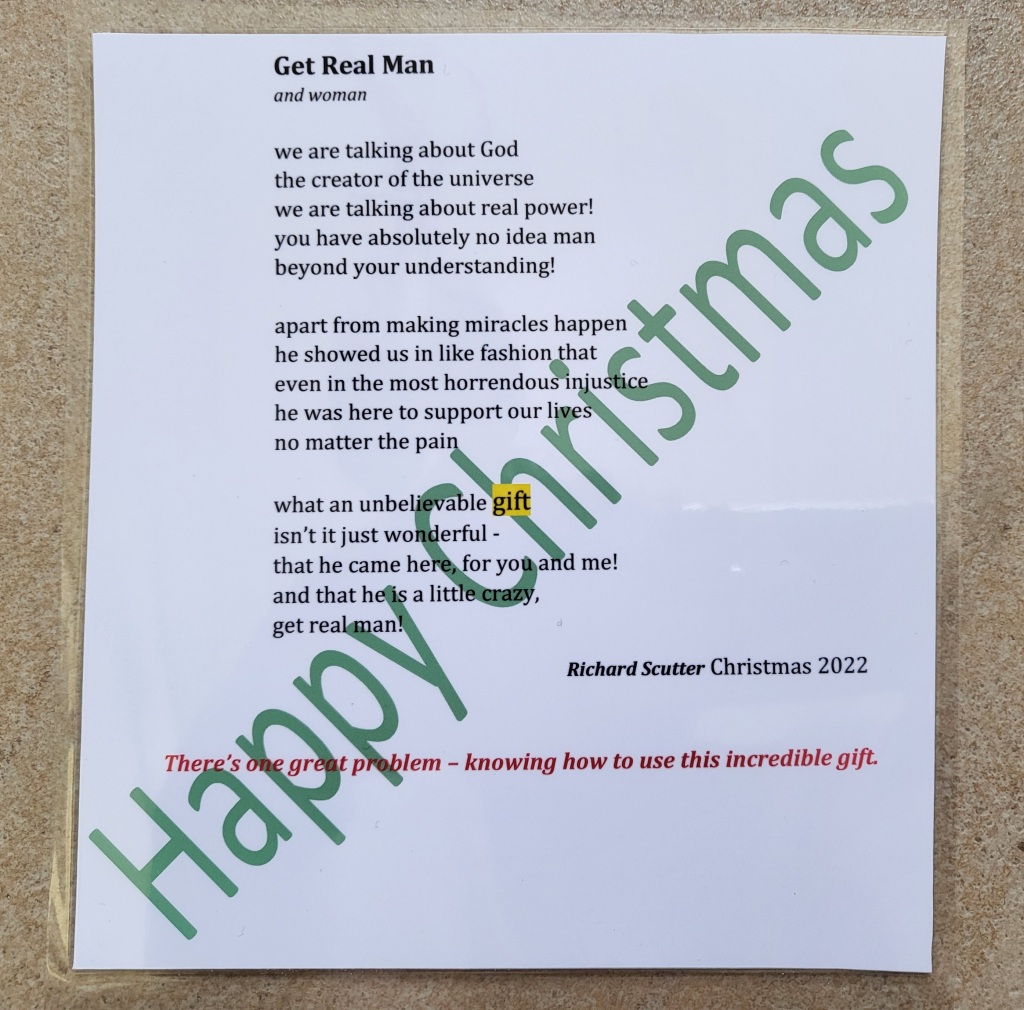In the Park
She sits in the park. Her clothes are out of date.
Two children whine and bicker, tug her skirt.
A third draws aimless patterns in the dirt.
Someone she loved once passes by –– too late
to feign indifference to the casual nod.
“How nice,” et cetera. “Time holds great surprises.”
From his neat head unquestionably rises
a small balloon … ”but for the grace of God.…”
They stand awhile in flickering light, rehearsing
the children’s names and birthdays. “It’s so sweet
to hear the chatter, watch them grow and thrive,”
she says to his departing smile. Then nursing
the youngest child, sits staring at her feet.
To the wind she says, “They are eating me alive.”
Gwen Harwood (1920 – 1995)
From Poems 1963
Gwen Harwood was an Australian poet and librettist, creating text for musical score. Harwood is regarded as one of Australia’s finest poets. And the above is a poem she is often identified with concerning motherhood.
The title In the Park brings immediate association to any park experience in the mind of the reader with the suggestion that something is going to happen.
S1 … The first three lines define the situation. A bedraggled poorly dressed mother coping with three young children two of which are pulling at her dated skirt. And I guess many seeking peace and quiet from the park would hurry their step as they walked by. But the next line is the key to the occurrence in the park. Someone she once knew under completely different circumstances confronts her painful situation. And this someone is a special person from the past, a lover. And I think many would assume a man but equally it could have been a girlfriend. But she is caught by surprise and can’t feign indifference to the previous relationship. And the break is appropriate as we flow into the section stanza.
S2 … And this lover from the past shows politeness and he says it all ‘Time holds great surprises’. And there is immense relief that he had avoided being associated with such a life – ‘but for the grace of God‘. He recovers from such emotional thought himself to spend time in conversation pleasantries that flow into the third stanza.
S3 … He takes an interest in the children, their names, and birthdays. The mother then completely denies her situation and contradicts her dire adjustment to motherhood saying a little sarcastically ‘It’s so sweet to hear the chatter, watch them grow and thrive’ as the fellow departs. Contradicting the glory of motherhood and the expectation once held by her and the expectation of society at that time in the role of the mother in family life.
What is interesting is that later in life she penned a different text to give a balance.
A later text …
She sits in the park, wishing she’d ever written
about that dowdy housewife and her brood.
Better, The Memoirs of a Mad Sex Kitten,
or a high-minded Ode to Motherhood
in common metre with a grand doxology.
“They have eaten me alive.” Did she write that?
The sonnet nestles in a new anthology
safe in its basket as a favoured cat.
She sits a while in flickering light rehearsing
the family’s birthdays. “Stop, you bloody fool!”
A young house-father with a pram is cursing
a child whose pushed another in the pool.
She helps him calm them. “Eating you alive?
Look at me. I’ve lived through it. You’ll survive.”
Written in 1992
from The Present Tense (1995)
Two wonderful Petrarchan Sonnets. I think the first eight lines in the above, before the twist have a subtle swipe at the establishment of the day at the time she wrote ‘In the Park’. That sonnet is now safe and valued, perhaps much more than at the time it was written.
The male role in supporting children in family upbringing has changed markedly over the years eating away at the traditional stereotype of motherhood.
Gwen Harwood on Wikipedia – Gwen Harwood – Wikipedia

